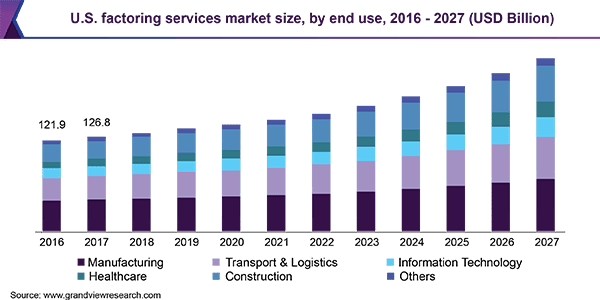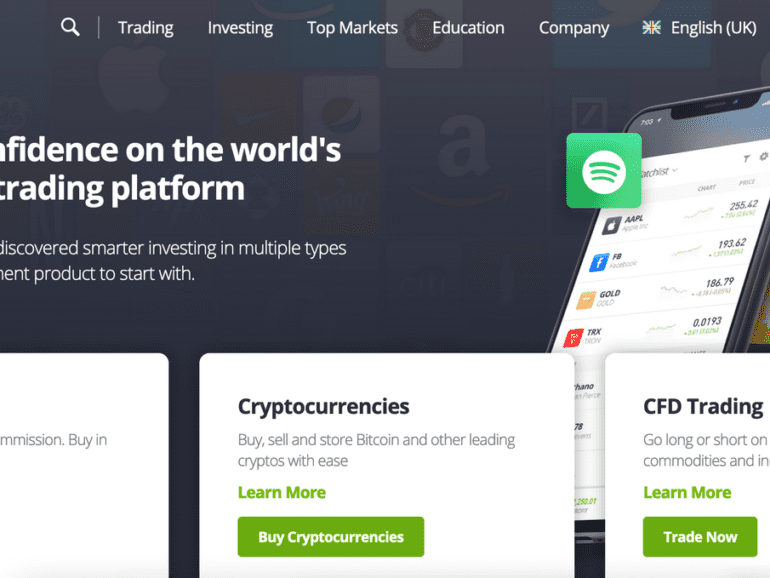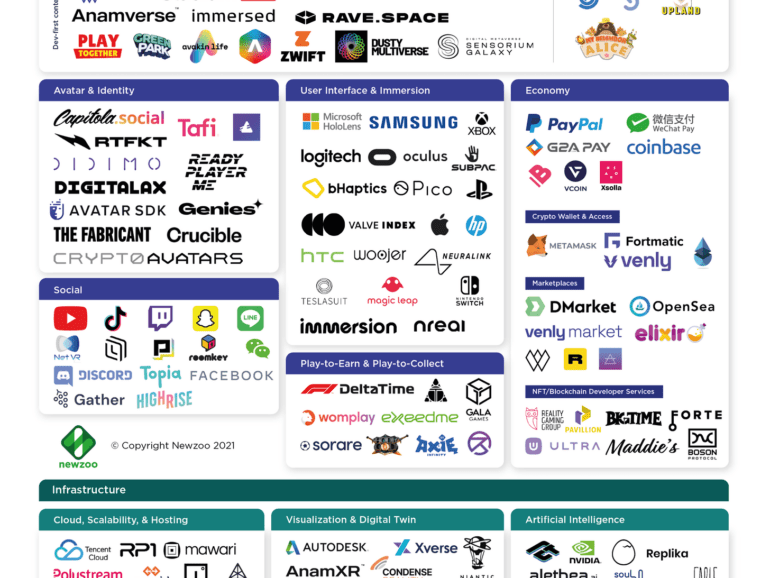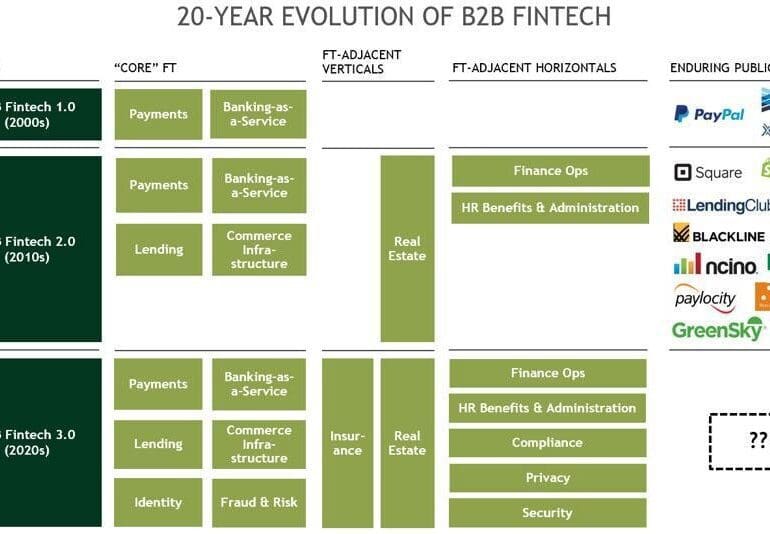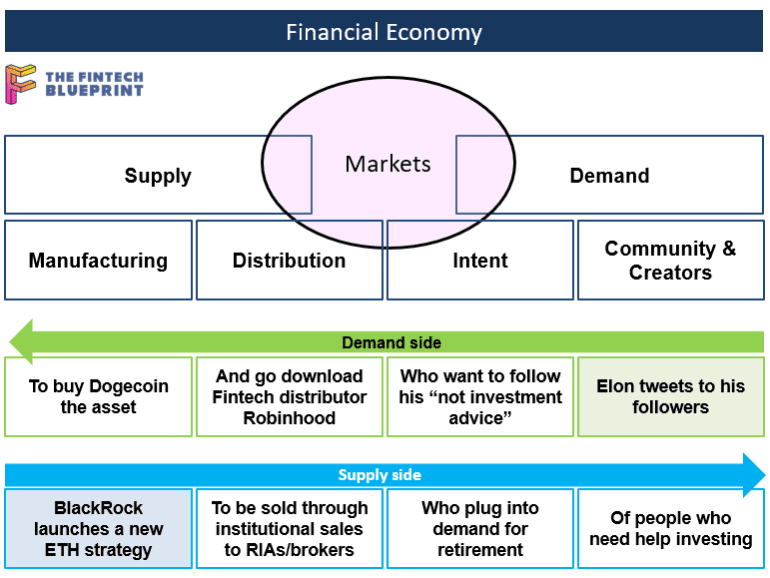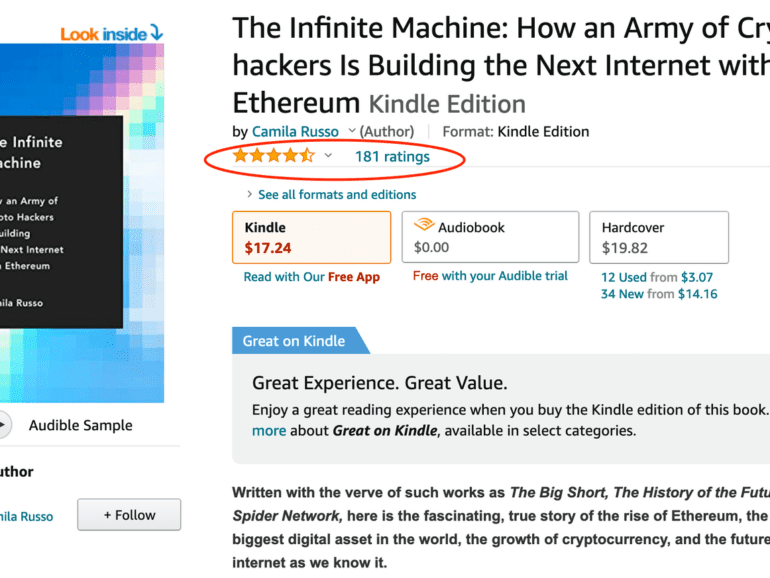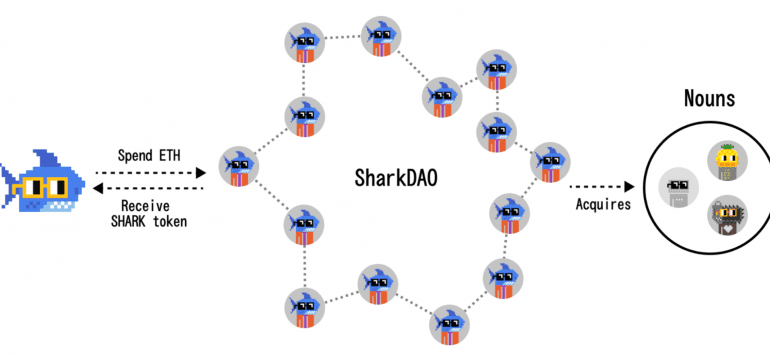This week, we look at:
Pipe’s $150 million raise at a $2 billion valuation to turn annualized revenue run-rate into a new peer-to-peer asset class
BitClout’s $200 million of Bitcoin contributions and its mechanisms to turn social media profiles into digital assets
How both projects trade future performance for current monetization


